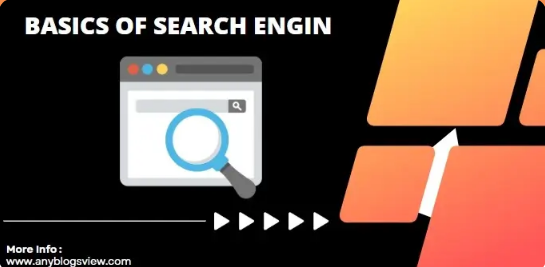Email marketing remains a powerful and affordable tool for small businesses. By implementing the right strategies, you can increase customer loyalty, engagement, and sales. Here are 10 simple but effective small business email marketing tips to help you maximize your results and build lasting relationships with your customers.
1. Focus on Building a Targeted Email List
The foundation of successful email marketing is a high-quality email list. Use your website, social media platforms, and in-store interactions to collect email addresses. Incentivize sign-ups with exclusive discounts, freebies, or helpful content.
2. Segment Your Audience for Personalization
Divide your subscribers into specific groups based on demographics, purchase history, or preferences. Segmentation allows you to send tailored emails, making your campaigns more relevant and impactful. For example, send product recommendations to past buyers or special offers to first-time customers.
3. Create Engaging Subject Lines
Your subject line is the first thing your subscribers see. Make it compelling and clear to encourage them to open your email. For instance, “Exclusive Offer: Save 20% This Weekend!” or “5 Tips to Enhance Your [Product/Service] Experience.”
4. Use an Easy-to-Use Email Marketing Platform
Select a platform that suits small business needs, such as Mailchimp, ActiveCampaign, or Sendinblue. These tools offer user-friendly interfaces, pre-designed templates, and automation features to streamline your campaigns.
5. Provide Value with Your Content
Your emails should offer something valuable to the reader. Share tips, how-to guides, or exclusive updates about your products or services. This approach keeps subscribers engaged and builds trust in your brand.
6. Optimize for Mobile Devices
Ensure your emails are mobile-friendly, as many users check their inboxes on smartphones. Use responsive designs, short paragraphs, and clear call-to-action (CTA) buttons to create a seamless experience for mobile users.
7. Incorporate Clear and Actionable CTAs
Every email should have a specific goal and a clear call-to-action. Whether it’s “Shop the Sale,” “Book Now,” or “Download the Guide,” make your CTA visually distinct and aligned with the email’s purpose.
8. Leverage Automation
Automation saves time and keeps your communication consistent. Set up automated emails for common scenarios, such as welcome emails for new subscribers, reminders for abandoned carts, or thank-you emails after purchases.
9. Test and Measure Your Campaigns
A/B testing helps you determine what works best for your audience. Experiment with different subject lines, email designs, and send times. Use analytics to track open rates, click-through rates, and conversions, then refine your strategy accordingly.
10. Stay Compliant with Email Marketing Regulations
Ensure your campaigns adhere to regulations like GDPR and CAN-SPAM. Always obtain permission from subscribers before sending emails, include an easy opt-out option, and respect customer privacy to maintain trust.
Benefits of Email Marketing for Small Businesses
- Affordable and Effective: Email marketing offers one of the highest returns on investment, making it ideal for small business budgets.
- Strengthened Customer Relationships: Regular and personalized communication fosters trust and loyalty among your audience.
- Increased Sales and Conversions: Targeted emails can drive immediate action, from purchases to event sign-ups.
- Trackable Success: Email platforms provide detailed analytics, allowing you to see what works and improve your campaigns.
Conclusion
These small business email marketing tips provide a solid foundation for creating effective campaigns that boost customer retention and sales. By building a targeted email list, personalizing your content, and leveraging automation, you can deliver engaging emails that resonate with your audience. Start applying these strategies today to see the benefits of email marketing for your small business!





Comments